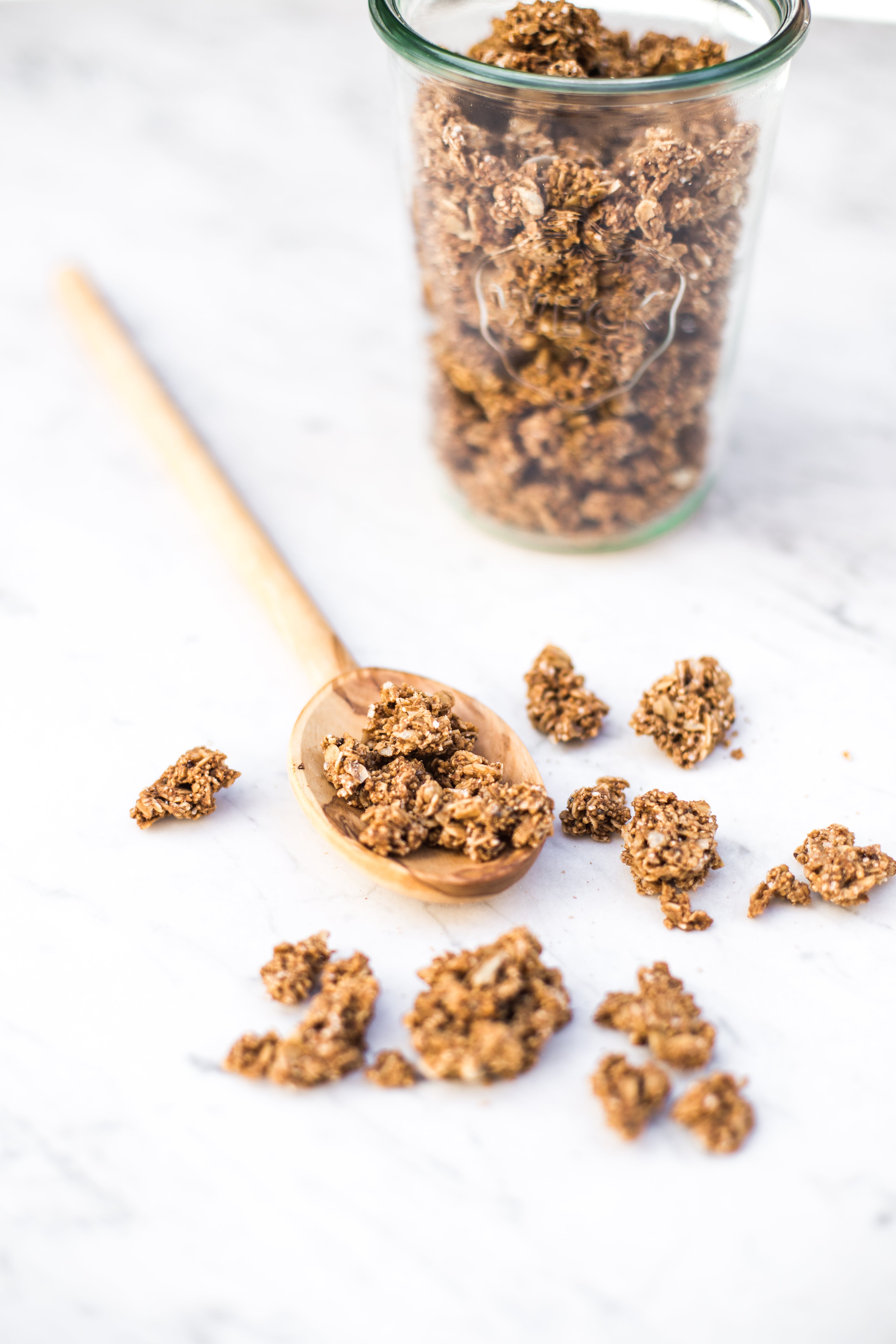Nutrition and psychiatry may not seem like the most natural fit. When you picture Dr. Freud with his pipe and his leather couch, he’s probably not scribbling a recipe for baked salmon on his prescription pad. Indeed, in my experience psychiatrists send their patients home with prescription drugs or referrals to other types of therapy, but no guidance on how food can help them with the challenges that brought them to the analyst’s couch. And though many conscientious modern eaters think constantly about the food we’re eating— how it will affect our hearts, the environment, and most of all our waistlines— we don’t think about its influence on our brains.
While this relationship between nutrition and mental health may not feel intuitive at first glance, it’s key to understanding twin epidemics in modern health care. Though medical knowledge and technology are better than they have ever been, both mental health disorders and bad health outcomes caused by poor dietary choices are disturbingly common. One in five American adults will have a diagnosable mental health condition in any given year, and 46 percent of Americans will meet the criteria for a diagnosable mental health condition sometime in their life. Thirty- seven percent of Americans are considered obese, with an additional 32.5 percent considered overweight, making a total of roughly 70 percent of the population above an optimal weight. An estimated 23.1 million Americans have a diabetes diagnosis, with another 7.2 million estimated to be undiagnosed. That’s a total of 30.3 million people, almost 10 percent of the population.
Much like the intricate relationship between the gut and brain that forms the basis of this book, diet and mental health are inextricably linked, and the connection between them goes both ways: a dearth of good dietary choices leads to an increase in mental health issues, and mental health issues in turn lead to poor eating habits. Many don’t know or realize that the gut and brain are connected, in fact they arise from the very same cells as our bodies form. Then the 2 organs, even though far apart, are connected by the vagus nerve which serves as a 2-way superhighway carrying chemical messages back and forth in both directions. What this means is that the food we eat, whether a healthy or unhealthy choice, gets translated into a chemical message. When we make poor choices, the messages sent start to set up conditions such as gut inflammation which leads to brain inflammation and then the onset or worsening of mental health symptoms. So a happy gut is a happy mood!
Until we solve nutritional problems, no amount of medication and psychotherapy is going to be able to improve mental health issues in our society. While fixing the broken relationship between diet and mental health is certainly important on a societal level, it can also make a crucial difference on an individual level—and not just for those who suffer from diagnosed mental conditions. Whether or not you have ever visited a mental health professional for depression or anxiety, every one of us has felt sad and nervous. We all have experienced obsession and trauma, large or small. We all want to keep our attention and memories sharp. We all need to sleep and have a satisfying sex life. There are ways in which you can use diet to achieve well-being in every aspect of your mental health.
Adapted from This Is Your Brain on Food: An Indispensable Guide to the Surprising Foods that Fight Depression, Anxiety, PTSD, OCD, ADHD, and More by Uma Naidoo, MD, Director of Nutritional and Lifestyle Psychiatry at Massachusetts.












